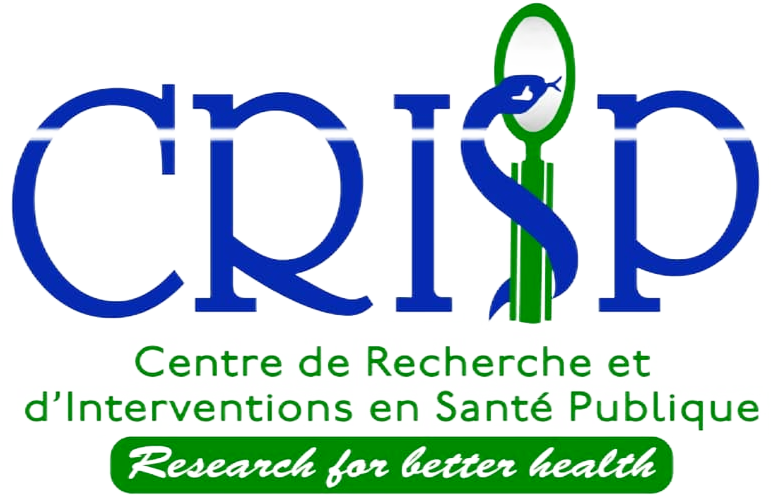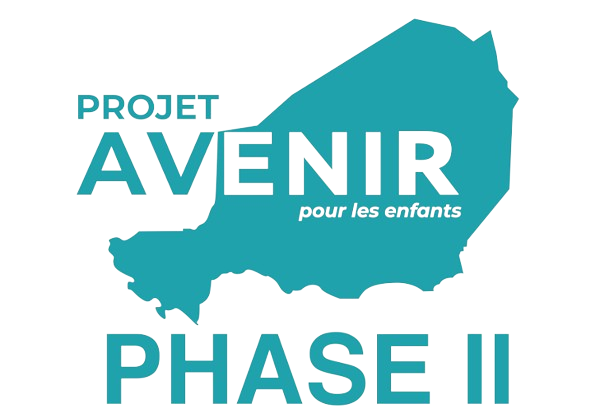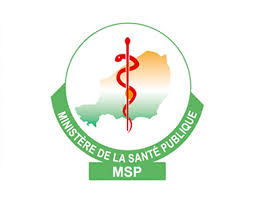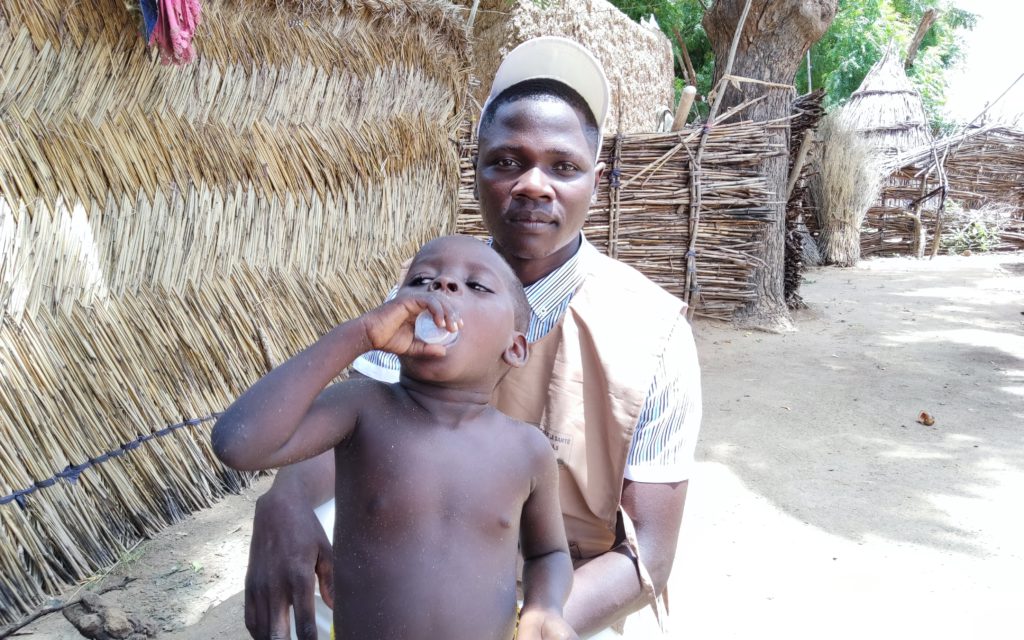
The “Azithromycine pour la Vie des Enfants au Niger” (“Azithromycin to Save the Lives of Children in Niger”) project, known as AVENIR, continues to make significant progress in reducing child mortality and morbidity in Niger.
One of the highlights of the AVENIR project in August was the successful completion of data collection on pregnancy history in the Tahoua and Dosso regions.
This essential initiative, which began in May, was completed in mid-August, covering 92% of the targeted Integrated Health Centres (“CSIs”) and reaching a total of 82,259 households.
Unfortunately, the remaining 8% could not be accessed due to security issues and logistical challenges.
Dosso
In preparation for mass distribution of azithromycin in the Dosso region, the national coordination team carried out a mission in July to inform the regional authorities, in line with the project’s established protocol.
This mission led to an official launch ceremony on 6 August in the Dosso district, at which the Governor of the region administered the first dose of azithromycin, symbolising the start of the campaign.
The event was attended by key representatives, including the National Coordinator and Deputy Coordinator of the National Eye Health Programme.

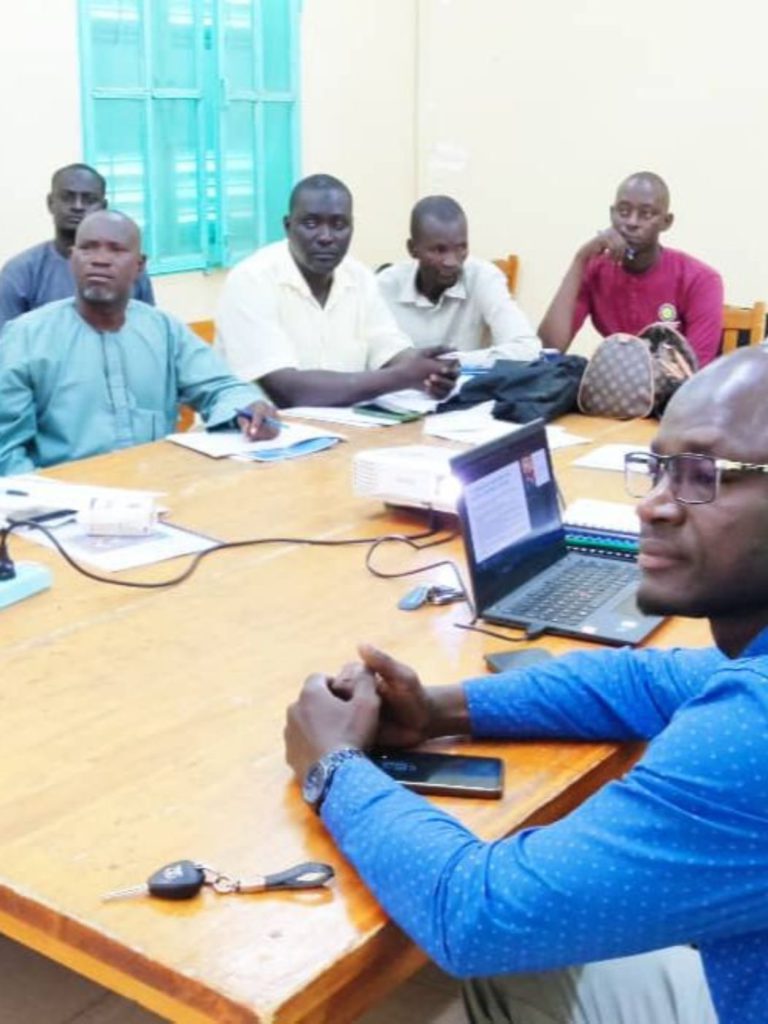
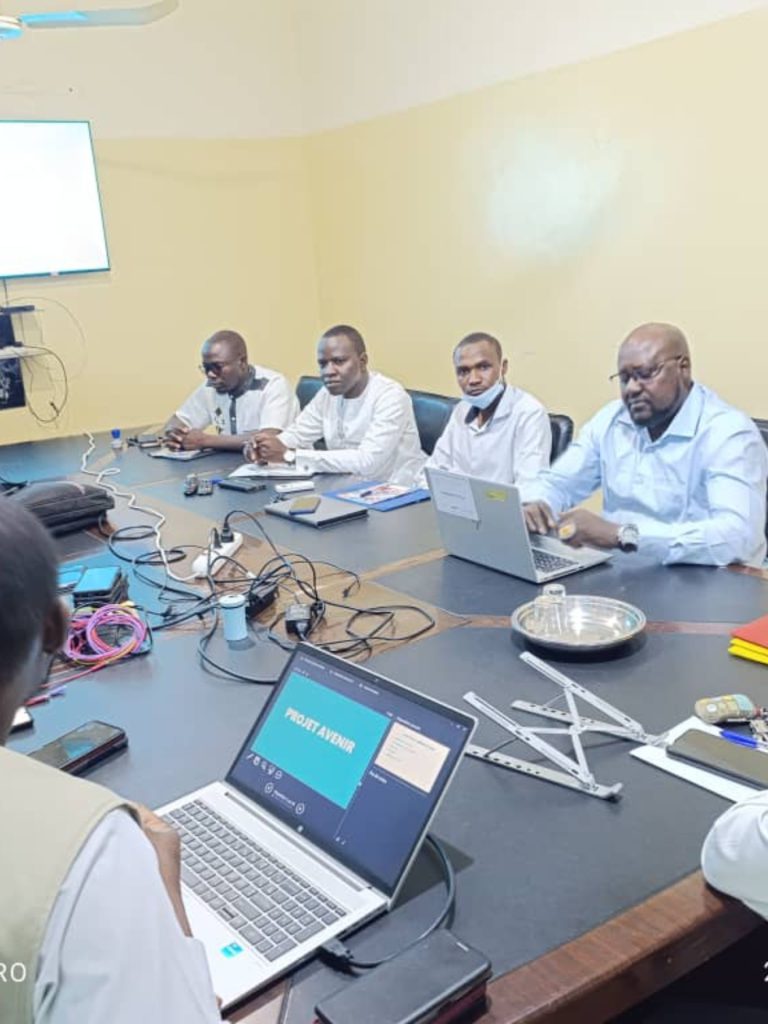

TRAINING
Giving teams the tools they need
On 7 August, a training of trainers session was held at the Regional Department of Public Health, Population and Social Affairs (DRSP/P/AS), with the aim of providing district management teams with an in-depth understanding of the campaign’s protocols and procedures.
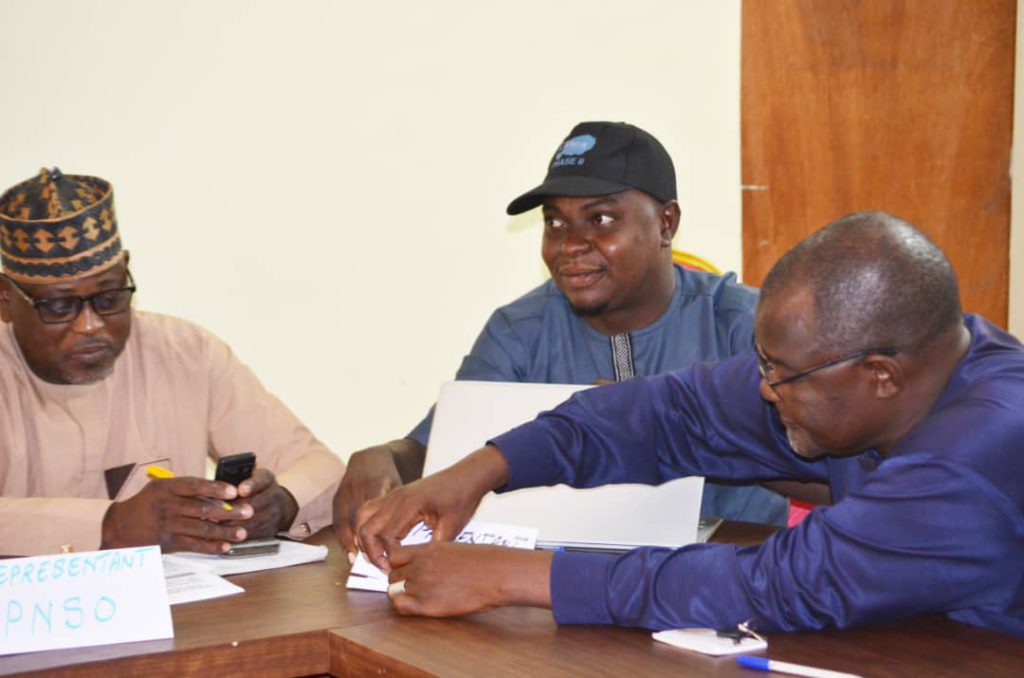

The following day, on 8 August, similar training sessions were organised for all Integrated Health Centre (“CSI”) heads in Dosso’s eight districts. In addition to this, final training sessions were organised for community health workers who will be responsible for administering azithromycin at community level.
The mass distribution of azithromycin officially began in the Dosso region on 10 August and continued for five days, ending on 14 August.
During this period, AVENIR agents were actively involved in monitoring compliance with intervention protocols and the progress of the distribution. Their work included working closely with CSI leaders and community health workers to ensure that the campaign was properly implemented in each target village.

At the community level, in the Boboye district, a specialised training session was organised for 25 agents, focusing on the collection of biological samples. The training covered essential techniques such as the collection of blood samples, and rectal and nasopharyngeal swabs, and documenting vaccination histories.
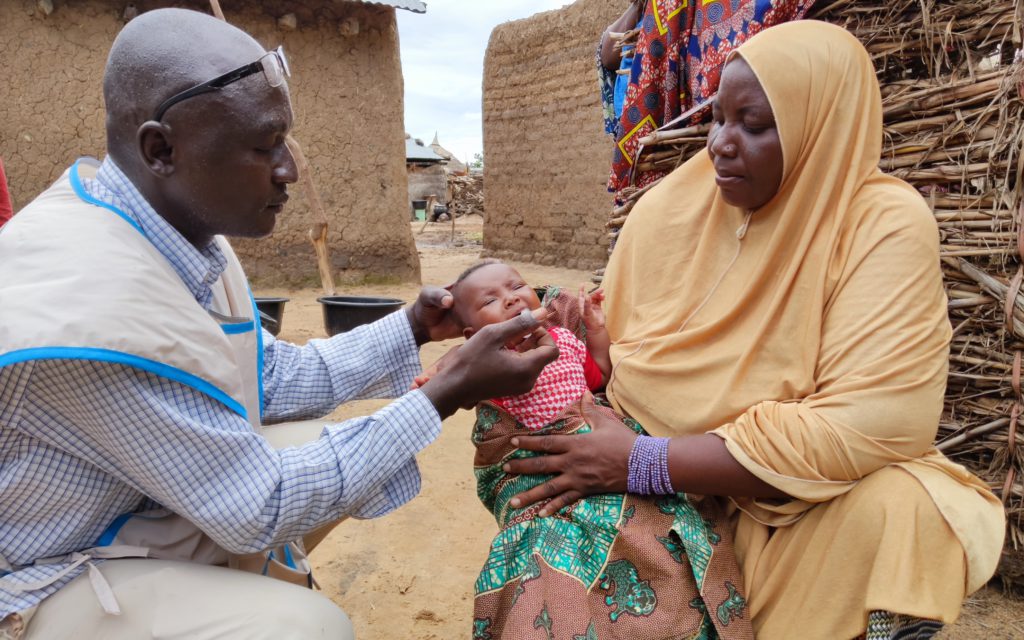
Meanwhile, in the Maradi region, efforts to combat Antimicrobial Resistance (AMR) are continuing.
Biological samples are sent to Niamey for analysis at the CERMES research centre, while sample collection continues in CSIs in the Madarounfa and Guidan Roumji districts.
Training sessions for CSI chiefs and their assistants were successfully completed in the Mayahi district, and preparations are underway for health facility (“CSI”) AMR training sessions in the Bermo and Dakoro districts.



Thanks, as always, to the AVENIR project’s partners:
